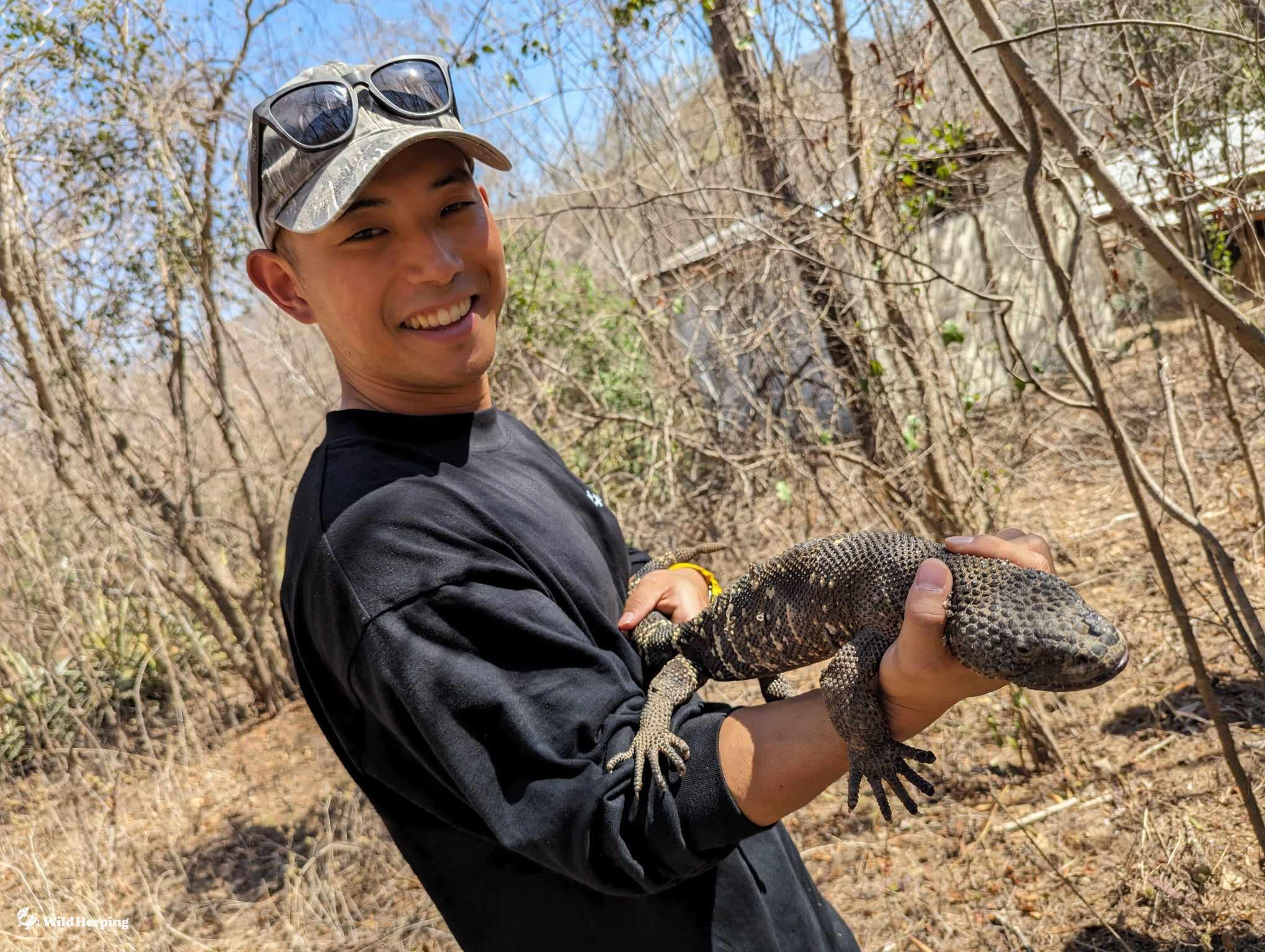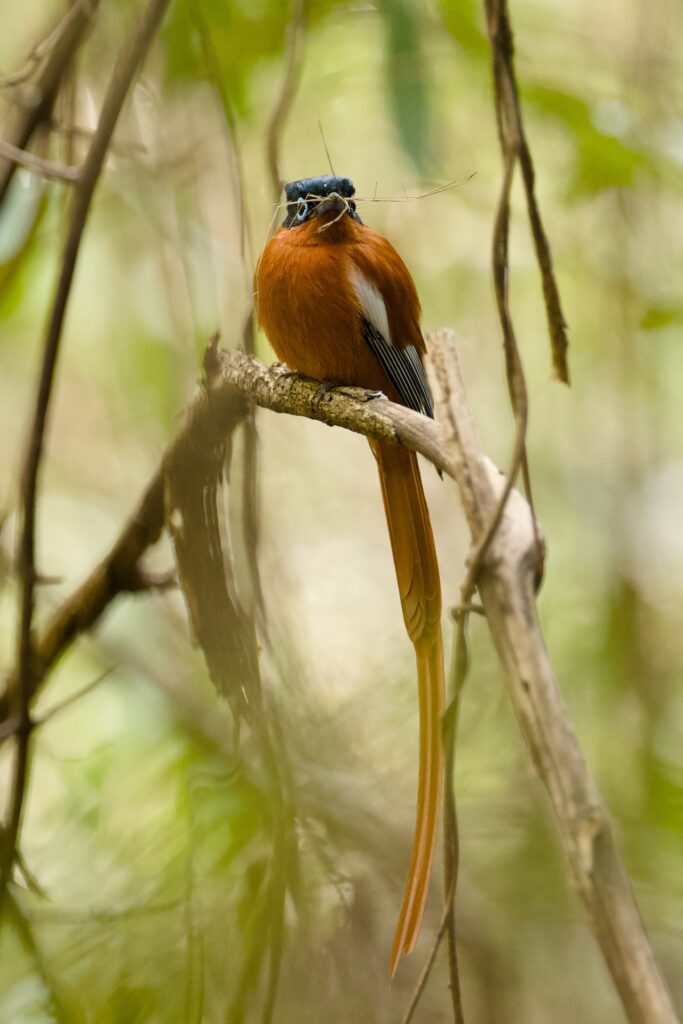
Among the many birds found throughout Madagascar, one of the most widespread and relatively easy to observe is the Madagascar Paradise Flycatcher (Terpsiphone mutata).
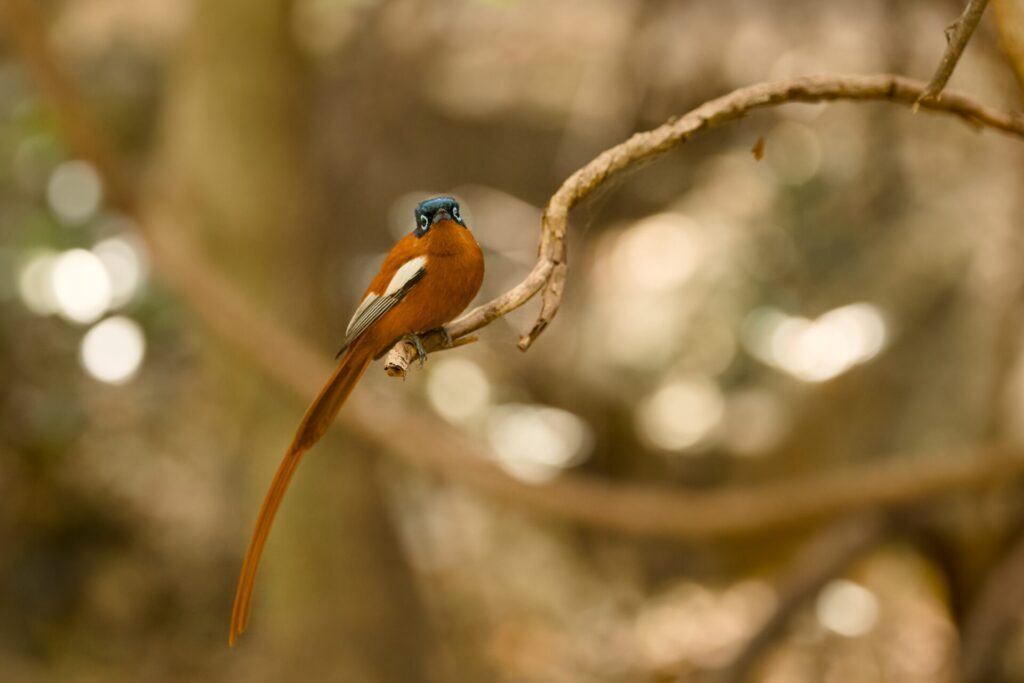
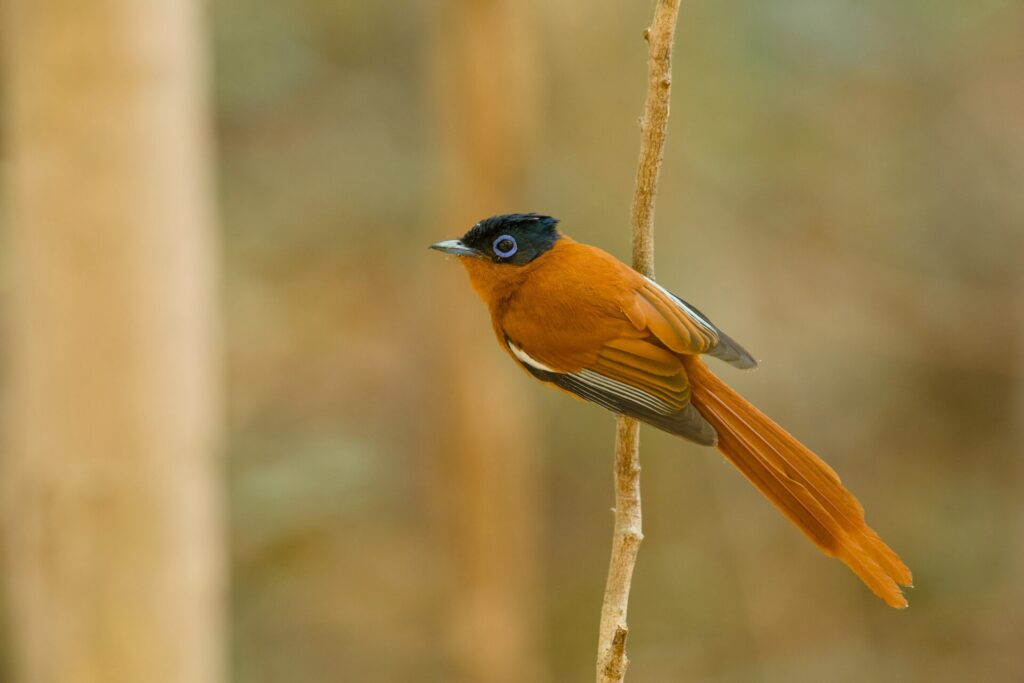
This species has an intriguing feature: among the long-tailed males, roughly one out of every five individuals is pure white.
This white morph is genetically determined and remains the same throughout the bird’s life. Interestingly, in drier regions such as Kirindy and Ifaty, the proportion of white males appears to be slightly higher—around one in four birds.
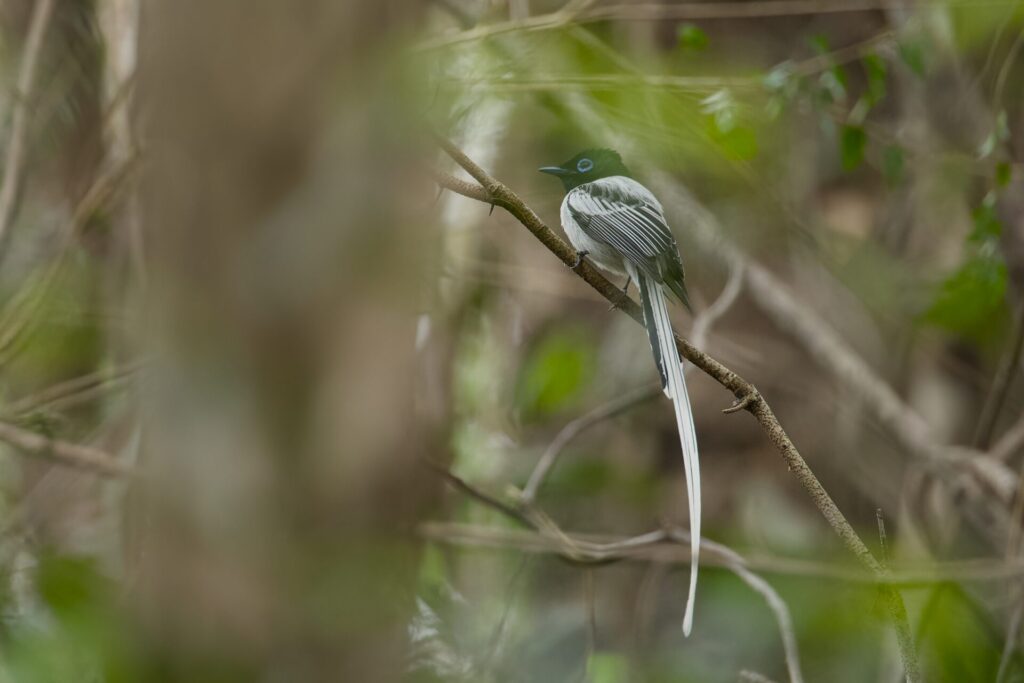
One possible explanation is that in lush, green rainforests, the rufous morph blends better with the surroundings, while in dry and open habitats, white plumage may offer better camouflage. However, the exact reason remains unclear. It is also possible that female preference varies regionally, influencing the ratio of color morphs in different populations.
A Rare Mixed-Color Individual
During a recent observation in a northern forest, I encountered a remarkable bird showing a mix of white and rufous plumage.
It was difficult to determine whether this was a young individual or perhaps a rare genetic mutation, but among more than a hundred individuals I’ve observed so far, this was the first of its kind.
Interestingly, the local guide mentioned that such mixed-colored birds are occasionally seen in this area, suggesting a potential regional pattern worth further study.
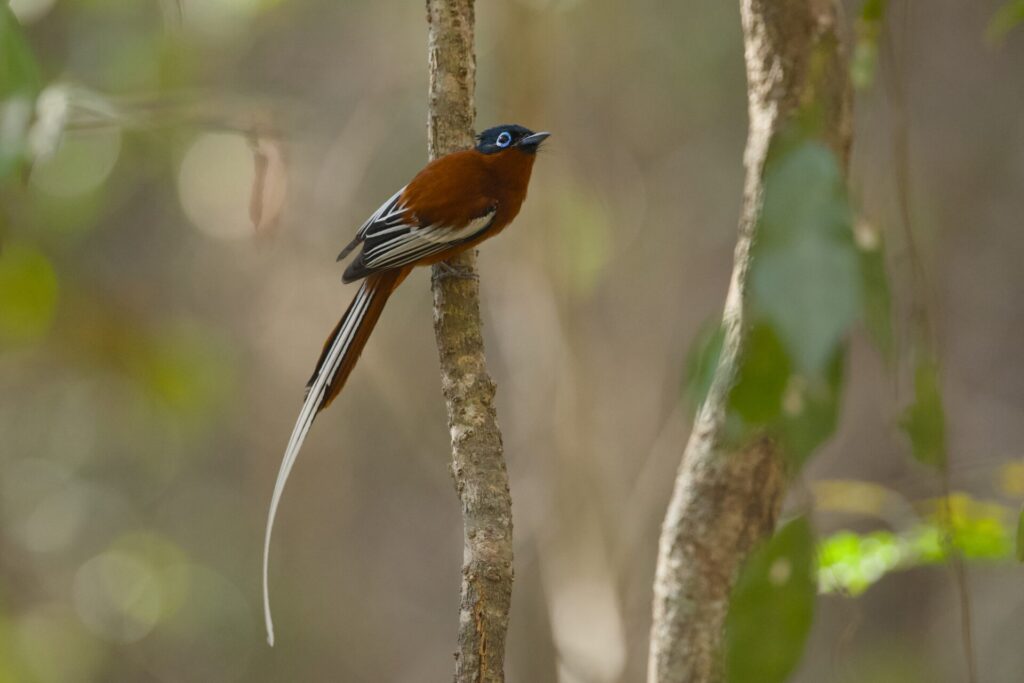
Feeding Behavior
The Madagascar Paradise Flycatcher is a graceful and agile flier, often seen fluttering its long tail feathers while catching insects midair.
Because Madagascar lacks native woodpeckers, this species occasionally shows woodpecker-like behavior—perching on thick tree trunks and moving vertically while searching for prey hidden in the bark.
A Bird Worth Seeing in the Wild
Beautiful, mysterious, and full of character—the Madagascar Paradise Flycatcher is a true highlight of any birding trip to Madagascar.
If you ever have the chance to visit the island, take some time to look for this enchanting bird in the forest. It’s an encounter you’ll never forget.
Tours to observe Madagascar Paradise Flycatcher (Terpsiphone mutata)


